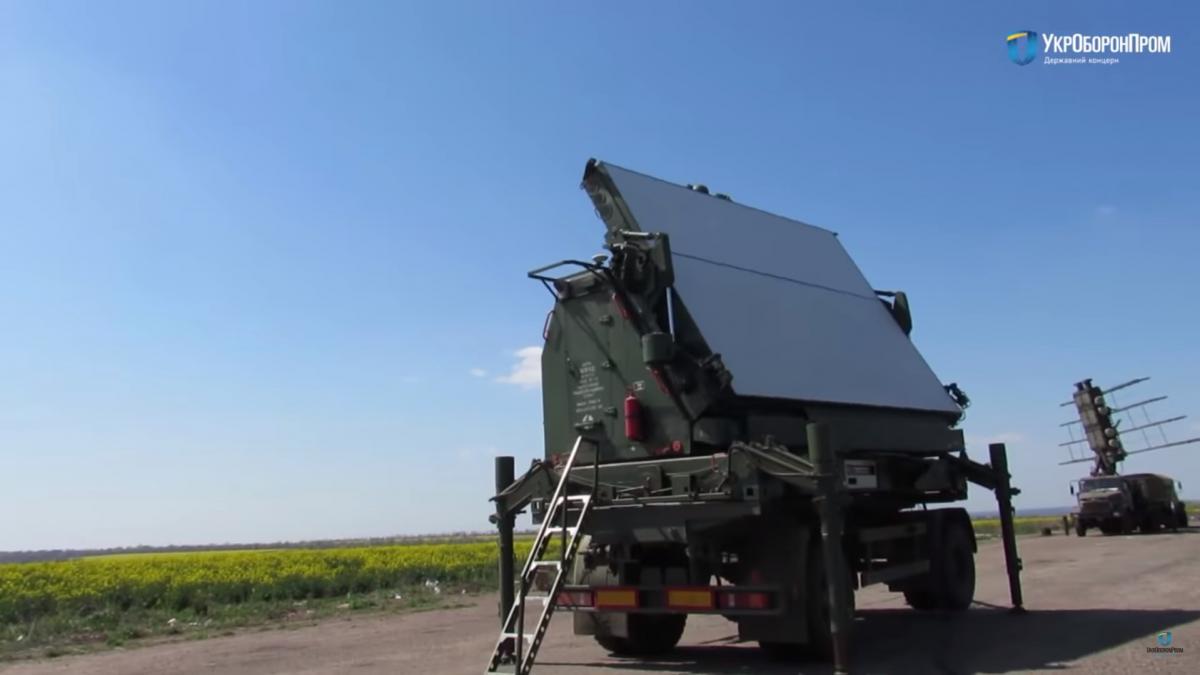
Ukraine has supplied Mineral-ME shipborne multifunctional radar system to the U.S. military.
In a recent interview to Ukraine’s Defense Express, Eduard Kasapov, director of the “Kvant-Radiolokatsiya” Research Institute, said, “Last year, we delivered the Mineral-ME to the United States. They probably need it to evaluate the enemy, since both Russia and China succeeded to start the production of immediate analogs of this station, indicating the relevance of the product.”
Ukraine’s Iskra has also recently signed an agreement to supply the U.S. with new radar systems.
The Mineral-ME radars are already equipped on Russian and Chinese warships. China has its own variant of the Mineral-ME called Type 366. Russia’s Bal coastal defense missile system with X-35 anti-ship missiles also uses similar radar systems.
Kasapov revealed that Ukraine is working on SR-210 “Delta” and Mineral-U radars. “Mineral-U is a universal complex that will come in handy for any strike missile weapon that works on surface targets. It can also be equipped on RK-360MTS Neptune coastal defense system,” he added.
Talking about the new Mineral variant, he said, “It is created using new approaches and a new element base. The station is designed to detect, classify surface targets at a considerable distance – up to 500-600 km – and issue targets to the means of impression. The complex has active and passive channels.”
He said that the Navy’s new Project 502EM “Laguna” reconnaissance ship is installed with Delta-M and Melchior radio reconnaissance station. The latter can reportedly detect upto 200 targets located 450km away simultaneously.
“Another of our initiative projects is a radar with a digital antenna array ‘Delta-3D.’ It is designed to detect unmanned aerial vehicles with small dimensions and a small effective scattering surface (0.1-0.01 sq. M), ie, micro- and mini-UAVs,” Kasapov stated further.
Mineral-ME Shipborne Multifunctional Radar System
Russia’s state-owned Rosoboronexport says the radar is intended for surface surveillance; over-the-horizon early detection and tracking of surface targets; automatic reception and processing of information on surface situation from carriers equipped with interfaced systems; reception and processing of information from outside sources (сommand automated management systems, observation posts); control of joint operations of the carriers, equipped with interfaced systems; generation and output of surface targets designation data to missile weapon command systems of shipborne and land-based missile systems, to shipborne artillery and torpedo weapon systems.
Typical detection range against a destroyer sized target in the active mode in up to 250 km, while that of the passive mode ranges from 80-450 km.

